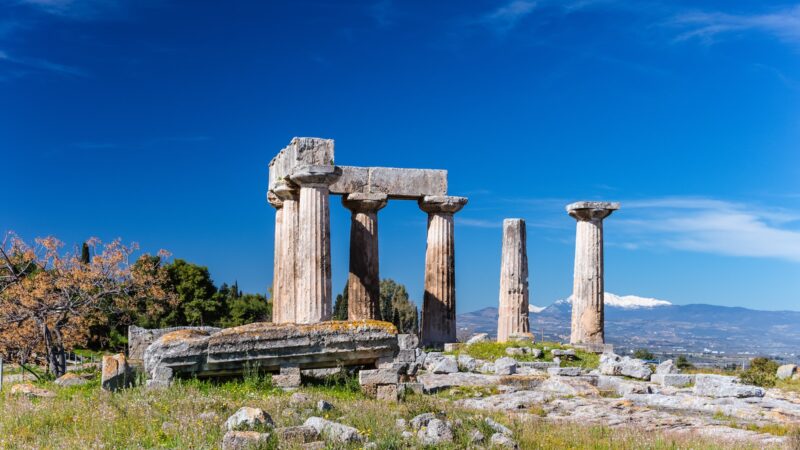Dear Just Stop Oil,
You’re a success.
You stuck to your principles through ridicule and hate. You’ve carried a burden. Others may still dismiss you, but that’s also an achievement. They didn’t even know to dismiss you before. You’ve now got a place in political discourse.
What are your next steps? Are the following broad steps reasonable guesses? It’s probably safe to say that you’re doing these things continuously, right?
Taking stock of where you’re at, analysing, refining your tactics, techniques, etc, consolidating your position, looking at how to increase the range and scope of your activities, deciding what to do next.
Are you open to ideas?
You’re off to a great start. You could be even greater. What if there were some small, simple changes which could inordinately boost your cause at no cost? What if you could get more publicity, stay in the news longer, and even win over political enemies while keeping your political allies?
The solution is simple. Your targeting is off.
Public roads, bridges, New Scotland Yard, art galleries. These are alienating a big portion of your potential audience. This portion is made up of a few main groups of people, with some Venn overlap, which you could easily win over. You’ll find the prospect of winning over some of these groups surprising but it’s easily possible.
The first is the general public. You’ve gained notoriety but at the expense of public support. Worse, you’re gaining public resentment. Whether you agree with them or not, these people place their own priorities, like getting to hospitals in emergencies, their jobs, daily lives, even just their own convenience, well ahead of Just Stop Oil becoming famous.
Find targets; simultaneously, do not cost these people anything. Even better, targets which these people might enjoy. Don’t worry, suggestions will come later.
Second, conservatives. Small c, big c, whichever, and as a broad group. There are just some people who value things like the normal goings on of the day to day, and indeed cultural heritage at art galleries.
Find targets which do not rankle these people. Even better, targets which strike at this group’s political enemies. Where do your and their enemies overlap? Don’t worry, suggestions will come in a minute.
Third, climate deniers. Let’s indulge you and use your characterisation for now. If you want to fully win this group over though, you should strongly reconsider using a term for them which they find derogatory, which makes them thing you’re abusing Holocaust victims for what they see as a manipulation. But yes, you can even win climate deniers over too. Again, they have political enemies. Where is your overlap? Suggestions will come now!
The last thing to adjust on targeting is where your own enemies are.
Where are the brains of the operation and who are their mouthpieces?
Oil company executives? No. Bankers? No. Tories? Really no.
If you’re thinking about who runs the world, the real question is about where do their ideas come from about what to do? The source of those ideas is really who runs the world. Where do these people all go to pick up their ideas? What is the last finishing step these people take before getting set loose in the world? Where might you go to learn about how to govern, about stately things like philosophy, politics, and economics? The tactic of getting noticed by annoying people will really work when you target those who actually have power.
Next, the mouthpieces. Who are the biggest purveyors of social, cultural, political, etc. ideas? Who is responsible for amplifying or diminishing points of view on a national level? More importantly, where do the most influential, the powerful (the governing?), get their information from once they’re out in the world? Is it from the Big Business Chronicle? The Burning Blaze Channel? Nah, maybe, disreGuard. The tactic of getting publicity will really work when you target those who themselves disseminate information at scale to those in power.
You’re probably thinking that these places are full of progressives, people much closer, more sympathetic to your side. Exactly! They already basically agree with you and they’re not going to give that up just because you soup, glue, and obstruct up their stuff. Even more reason to go totally nuts! More glue! How about cement? More soup! How about something obnoxiously fishy? More obstruction! Do you need a new parking space?
These are the exact same organisations which your above target audience can support. Even better for you, getting right up in these targets makes it much easier and more personal for them. They will talk about you loudly and a lot.
What do you reckon, Just Stop Oil? Do we have terms?
Yours very sincerely,
Joe King



